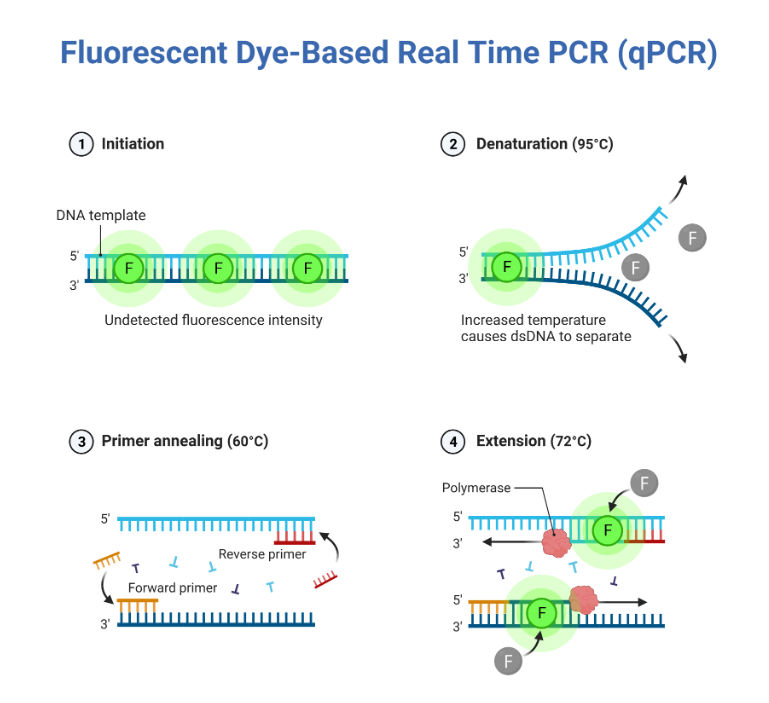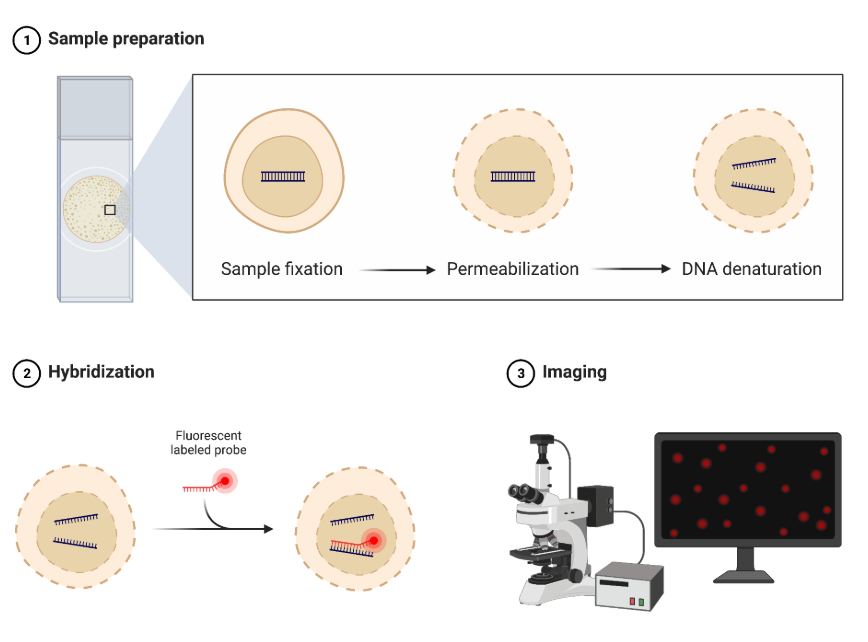Polymerase Chain Reaction (PCR) is a revolutionary laboratory technique that enables the amplification of specific segments of DNA or RNA, producing millions to billions of copies of a target genetic sequence. Developed by Kary Mullis in 1983, PCR has become a cornerstone of molecular biology and diagnostics
Fluorescence In Situ Hybridization (FISH): A Powerful Molecular Biology Technique in Cancer Diagnosis
Fluorescence In Situ Hybridization (FISH) is a cutting-edge molecular technique that has transformed cancer diagnostics by enabling the visualization of specific genetic alterations in cells and tissues. FISH uses fluorescent probes that bind to targeted regions of DNA
Breast cancer is a highly heterogeneous disease that can be caused by a variety of distinct genetic alterations in mammary epithelial cells, leading to vastly different disease manifestations in individual patients.
The Role of BRCA Mutations in Hereditary Breast Cancer
Approximately 5-10% of breast cancers are hereditary. Women carrying BRCA mutations have an increased risk of breast cancer with a probability of 45-75%.







